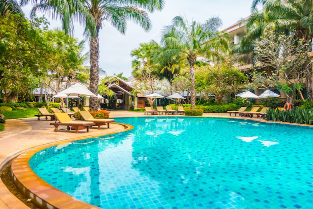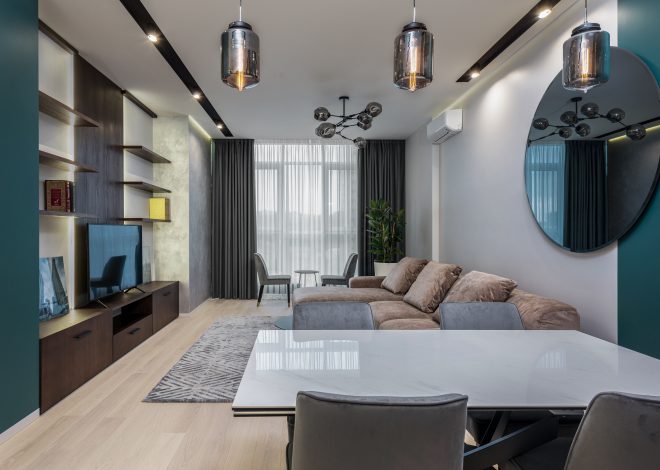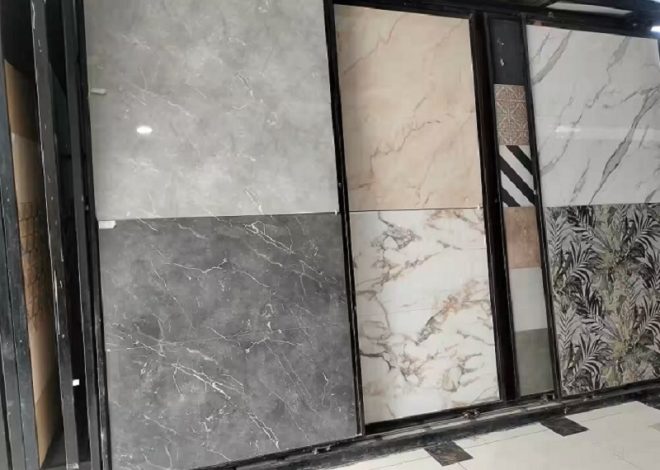
Types of Swimming Pools: Which One is Right for Your Home?
Are you considering adding a swimming pool to your home? The idea of having your private oasis for relaxation, exercise, and family fun is undoubtedly appealing. However, before you dive into the world of pool construction, it’s essential to understand the different types of swimming pools available and which one is the best fit for your home. In this comprehensive guide, we’ll explore various pool types, their advantages, and considerations to help you make an informed decision.
Best Swimming Pool Construction in Delhi
1. In-Ground Pools:
Concrete Pools: Concrete pools are highly customizable, allowing you to design any shape or size you desire. They are known for their durability and longevity. While they can be more expensive upfront, they offer endless design possibilities and can be resurfaced if needed.
Fiberglass Pools: Fiberglass pools are pre-manufactured shells that are installed in the ground. They are known for their quick installation and low maintenance. However, they have limited design options and may not be suitable for certain locations with difficult access.
Vinyl Liner Pools: Vinyl liner pools are constructed with a flexible vinyl liner that is placed over a steel or polymer frame. They are typically more affordable than concrete or fiberglass pools but may require liner replacement every 5-9 years.
2. Above-Ground Pools:
Steel-Walled Pools: These are the most common type of above-ground pools, featuring a steel wall frame and a vinyl liner. They are cost-effective and relatively easy to install.
Resin-Walled Pools: Resin-walled pools have frames made of non-corrosive resin materials, making them more durable and long-lasting than steel-walled pools. They are also easier to maintain.
Hybrid Pools: Hybrid pools combine steel and resin materials, offering a balance between affordability and durability.
3. Natural Pools:
Natural Swimming Pools: Natural pools, also known as eco-pools or swimming ponds, use plants and bio-filtration to maintain water quality instead of traditional chemicals. They provide a more environmentally friendly swimming experience and blend seamlessly with the surrounding landscape.
4. Plunge Pools:
Plunge Pools: Plunge pools are small, deep pools designed for relaxation and cooling off. They are perfect for compact spaces and can be heated for year-round use.
5. Saltwater Pools:
Saltwater Pools: Saltwater pools use a salt chlorinator to convert salt into chlorine, providing a gentler and more natural way to sanitize the water. They are known for being easy on the skin and eyes.
6. Infinity Pools:
Infinity Pools: Also known as vanishing-edge or negative-edge pools, these pools create a stunning visual effect by appearing to merge with the horizon. They require precise engineering and are often chosen for properties with scenic views.
7. Lap Pools:
Lap Pools: Lap pools are designed for swimming laps and exercise. They are typically long and narrow, making them suitable for smaller yards or dedicated fitness spaces.
8. Spool (Spa + Pool):
Spool (Spa + Pool): Spools are a hybrid between a spa and a pool, providing the benefits of both relaxation and exercise. They are smaller than traditional pools and often feature jets for hydrotherapy.
Now that we’ve explored the various types of swimming pools, how do you choose the right one for your home?
Here are some key considerations:
1. Available Space:
Evaluate the size and layout of your backyard. Larger in-ground pools may require more space, while above-ground or plunge pools are suitable for smaller areas.
2. Budget:
Determine your budget for both the initial installation and ongoing maintenance. In-ground concrete pools tend to be the most expensive, while above-ground and vinyl liner pools are more budget-friendly.
3. Intended Use:
Think about how you plan to use the pool. Are you primarily looking for relaxation, exercise, or family entertainment? Your pool’s design and features should align with your intended use.
4. Aesthetics:
Consider the aesthetics of your pool in relation to your home and landscaping. Infinity pools and natural pools may offer a more seamless integration with your property.
5. Maintenance Preferences:
Think about your willingness to invest time and effort into pool maintenance. Saltwater pools and natural pools require different maintenance approaches compared to traditional chlorine pools.
6. Climate:
If you live in an area with extreme temperatures, consider pool heating options. Plunge pools and spas are easier to heat for year-round use.
7. Resale Value:
Keep in mind that a well-designed and maintained pool can increase your home’s resale value. Consider the preferences of future buyers when making your decision.
In conclusion, choosing the right type of swimming pool for your home is a significant decision that requires careful consideration of your space, budget, preferences, and intended use. Each pool type has its own unique advantages, so take the time to explore your options and consult with a reputable pool builder to help you make the best choice for your lifestyle and property. Whether you opt for a luxurious in-ground pool, a cost-effective above-ground pool, or a natural swimming pool, your backyard oasis awaits, ready to provide years of enjoyment for you and your family.



